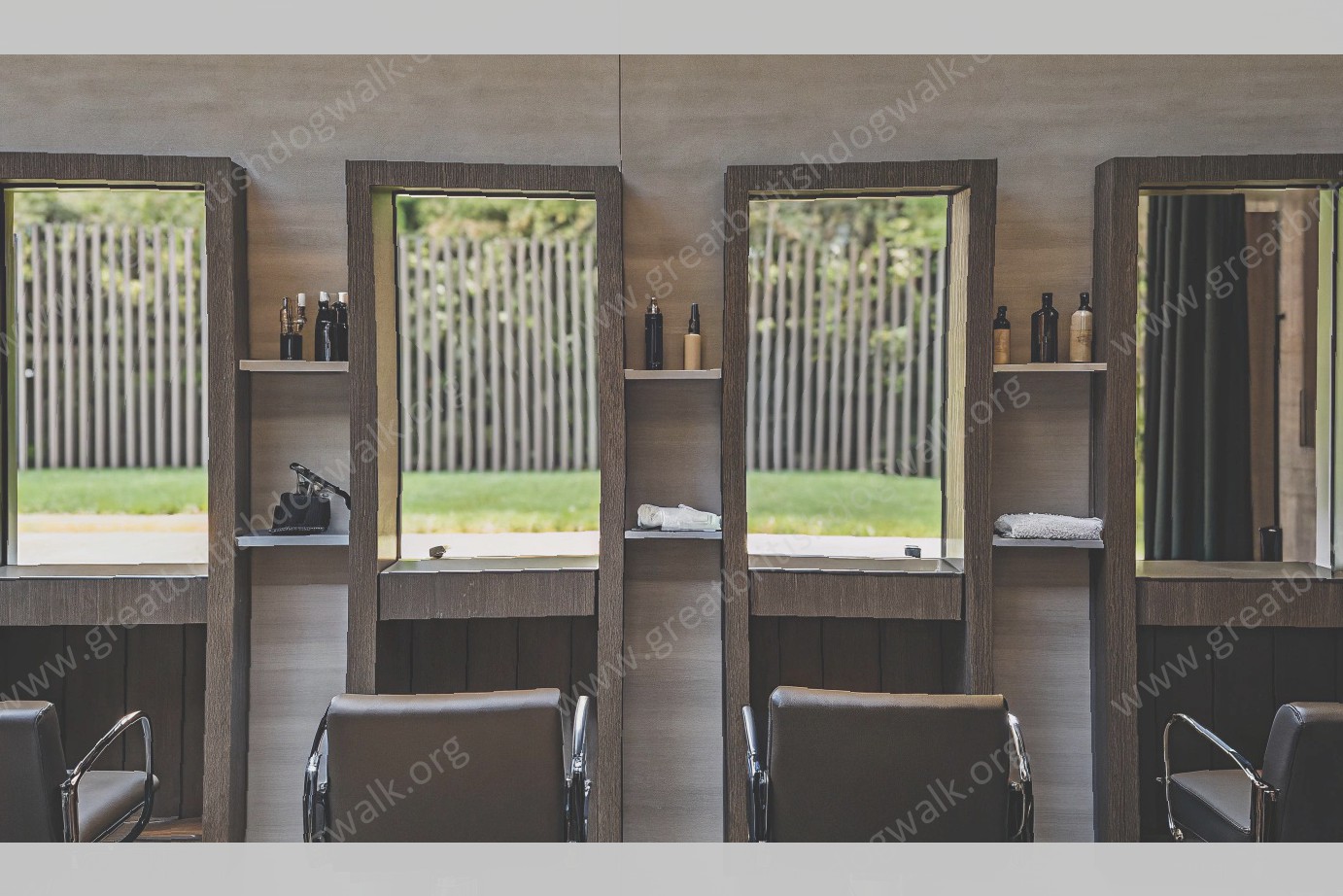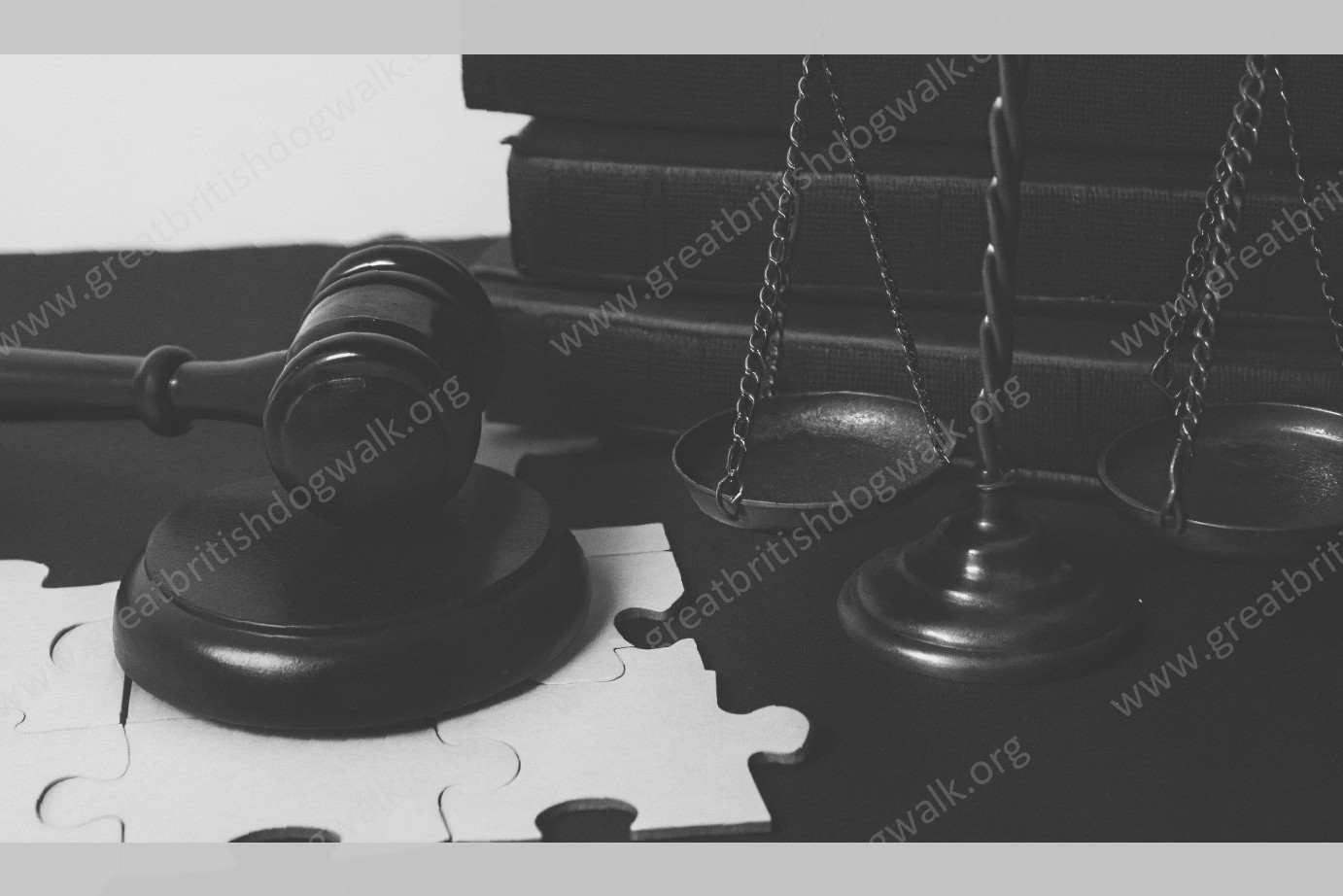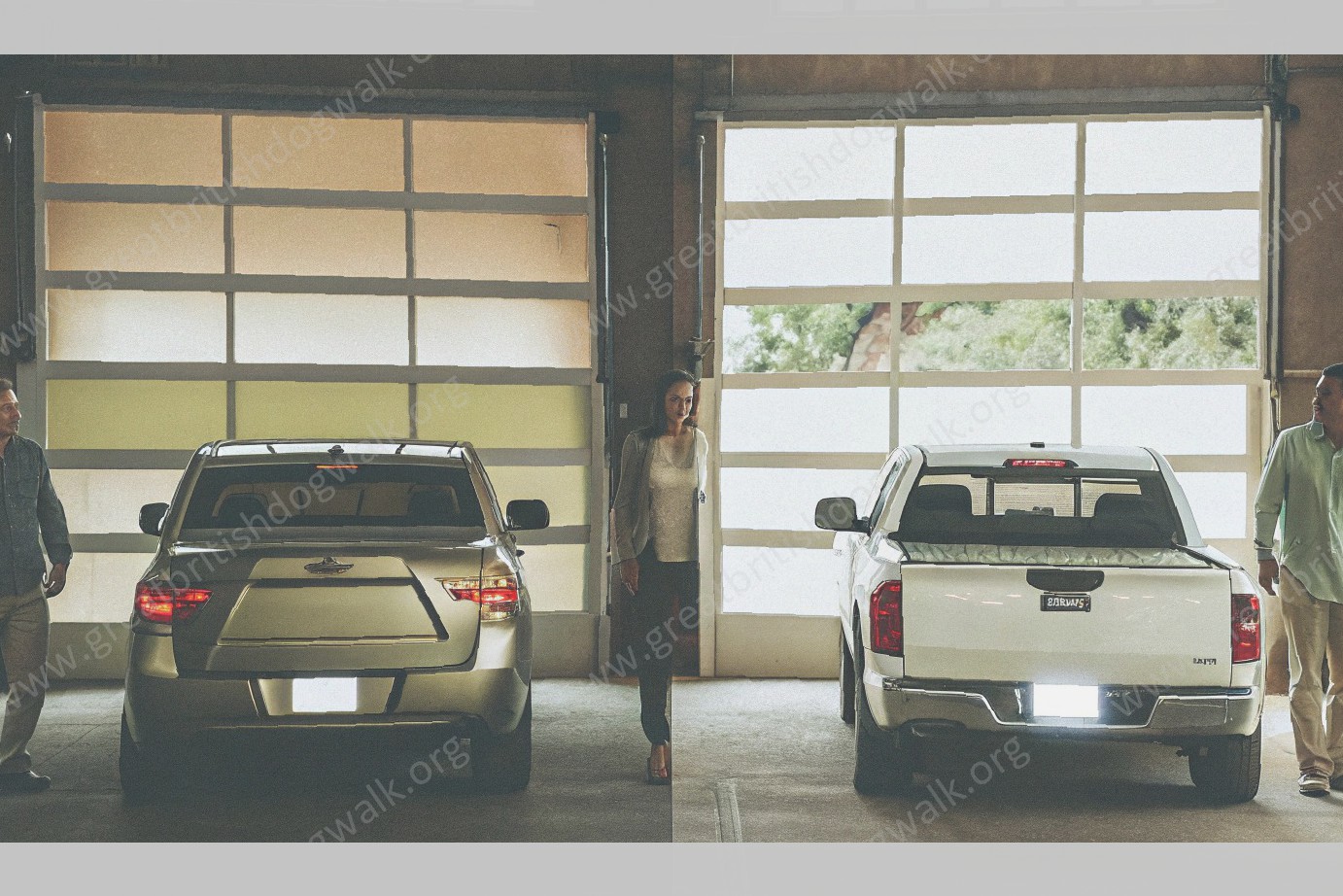Booth Rental Agreements Explained
A booth rental lease agreement is exactly as it sounds; a rental agreement for renting a booth. The most common use of a booth rental lease agreement is for the purpose of renting a booth in a salon or other beauty establishment. In this sort of arrangement, the renter (the person who is renting the booth) has been licensed to practice cosmetology at the location, and they must be properly credentialed, licensed, and insured. The agreement is usually written up and signed by the owner (renter) and one or more representatives of the establishment where the booth is located. This is known as a "booth rental": under this scenario, any business where a person works does not technically have a regular employee but instead rents space where their business can provide its services.
Breaking down an example, let’s say that Sue is a licensed hairstylist. Sue approaches a particular salon to offer her services in exchange for renting out a small booth like she has done at several salons in the past . Sue has her own hair care products and styling tools, but offers people the opportunity to see her at this salon, perhaps because of its well-established reputation or because it is closer to their home. Sue pays $300 per week to the salon owner, enabling her to spend 5 days a week at the salon and six to seven hours per day. This arrangement ensures that the salon owner isn’t responsible for any of Sue’s clients but can offer the benefits of Sue’s services to its clientele. If Sue makes $500 per week, she is satisfied. If Sue makes less than that, she may have to find another salon.
A booth rental lease agreement is also used for commerce conventions, where two or more companies will rent a booth at a convention to display their products. These companies have neither employees nor independent contractors to do the work: they are doing the work themselves, and need to pay fees to do so.
Key Aspects of a Booth Rental Lease
For any business that allows tenants or employees to use the space of the office or salon, a lease agreement is necessary to ensure protection against liability and other potential issues. A booth rental lease agreement is a written contract that outlines the responsibilities of an independent contractor and the business owners who are leasing the space to them. The general terms of a booth rental agreement include payment requirements and duration of use, but other important details must also be included.
Payment Terms: Payment terms are a crucial element of a booth rental lease. The landlord will generally request payment up front for the duration specified in the lease. Any arrangement that requires less than full payment up front may require a higher rate to compensate for decreased security. As part of the payment terms, the lease should specify what happens when payment is late. An exact date for payment is usually scheduled, as well as small penalties for making payments late. If payment is not made, the lease may entitle the landlord to security deposits, which are designed to protect the landlord if no other recourse is available through legal means.
Duration: The length of an agreement generally does not exceed one year (commonly six to nine months) but may be extended as necessary. The issue of lease duration is in the critical part of a booth rental agreement as it allows the landlord to establish an understanding of how long a tenant can remain on the premises without renewing the contract. This protects both parties by ensuring tenants do not prolong their stay on the property without approval.
Rights and Responsibilities of Tenants: A booth rental lease agreement should include the rights and responsibilities of the tenant, which will center around the services offered and the type of booth or space provided. States have laws and regulations that dictate the exact requirements for the services offered to clients at a hair or nail salon or spa. All parties concerned must understand exactly what is expected of them.
Restrictions and Limitations: The number of customers a tenant can have can be limited in a booth rental lease agreement. Restrictions on what the tenant must do and should not do are essential in a booth rental agreement. While many independent contractors are free to conduct services as they please, excluding products they can sell, regulations outside of the booth rental agreement can dictate some of this information. Satisfaction of health and safety standards are generally outlined within state and local restrictions.
Legal Protections for Lessors and Tenants of Booth Rentals
A multitude of legal and regulatory issues must be considered when drafting a booth rental lease agreement. Additionally, there are three tax forms specifically related to employment status that require employers to report additional tax for independent contractors. The Form 1099-Misc is for independent contractors providing services greater than $600. The 1040 Schedule SE, Self-Employment Tax, is for independent contractors who owe self-employment tax. If an independent contractor earns $400 or more in a calendar year in non-employee pay, he/she is subject to pay self-employment tax. Form 940, Employer’s Annual Federal Unemployment Tax Return, is for employers who owe federal unemployment taxes, such as, catering to lounge customers indirectly through complimentary food in order to retain lounge customers. Lessors and lessees need to ensure their business licensing is compliant with both OSHA and all Food Safety Guidelines as outlined in the FDA’s Food Code. Lessees must ensure they are insured in the case of any equipment breakage or property loss/damages to the sub-leasor. Additionally, if there are any issues with local, state, and/or federal employment laws, the Federal Department of Labor and your state’s Department of Labor can perform audits on both the lessee and the sub-lessor. In these instances, both parties can be held jointly liable for any misclassification of employees.
Benefits of Having a Booth Rental Agreement
Booth rental agreements provide benefits to both lessors and lessees. For example, lessors (i.e. business owners) appreciate booth rental agreements because they can entirely avoid employee-related obligations, such as unemployment and healthcare responsibilities. Similarly, it may be easier for lessors to terminate the lease of a lessee who has fallen into serious financial trouble while saving their own business. Furthermore, as a result of being treated as independent contractors, lessees (i.e. independent contractor beauticians) benefit from flexibility with their hours, space, and equipment expenses. Depending on the agreement, lessees may work as little or as often as they choose. Depending on their needs, lessees can bring their own equipment or purchase any essentials from an in-house shop run by the lessor. Of course, in addition to these economic and practical benefits, the legal issues associated with booth rental agreements should be carefully considered.
Preparing a Booth Rental Lease Agreement
Like any legal document, a well drafted booth rental lease agreement is clear and free of ambiguity. In addition, it allows the tenant to be creative. As a result, it will provide for a good relationship between the landlord and tenant.
In drafting a booth rental lease agreement it is necessary to consider whether or not there is a written lease and if so to make the necessary additions and changes. If there is no written lease, then state law should be reviewed to see what is required .
In most cases, the following steps can be use:
This is a very basic outline and can easily be expanded or altered based on the needs of the parties to the agreement. For example, considerations should be made with regard to the various types of legal entities of the parties. If the landlord or tenants are corporations, instead of individuals, then certain additional clauses may need to be added to the lease agreement. Further, additional clauses may be needed if only a portion of the premises are being leased, as opposed to all of the premises. However, the listed requirements give the parties a solid foundation and outline.
Common Errors in Booth Rental Agreements
For both the salon owner and the stylist, a booth rental lease agreement is a significant component that will have a long-term impact on the operation of the business. That being said, there are some common mistakes regarding booth rental lease agreements that are all too easy to make. The following are some of the most common pitfalls when entering into or drafting a booth rental lease agreement:
1. Not Defining Rental Area
The rental area of second generation landlords is often vague in many instances, leaving the agreement to rely on the oral representations of the parties, or photographs of the premises that depict the area in question, further creating the possibility for misunderstandings. To avoid any confusion, be as specific as possible in your description of the rental area.
2. Not Listing Utilities Used
Because the amount of utilities used will impact the monthly costs for the stylist, it is important to clearly define what utilities will be included in the rental amount, as well as which utilities will require an additional fee.
3. Creating a "Non-Compete" without a Defined Term
Many lease agreements include a non-compete or Restrictive Covenant (RC) clause that prevents the stylist from competing with the salon for a period of time after ceasing to provide services at the salon. However, an RC clause without a defined term when the RC will remain valid may be deemed invalid and therefore unenforceable. In order to prevent this from happening, if you plan on using an RC clause in your salon lease agreement, be sure to draft one with a time limit that will allow the termination of the agreement for any reason by either party.
4. Failing to specify maintenance responsibilities
Because many times the booth rental lease agreement may require the booth renter to pay for repairs or maintenance costs, it is vital to clearly outline what repairs are included in the rental amount and which repairs will be passed along to the stylist. Otherwise, disputes over who pays for what can arise.
5. Not Taking Care of Appliances
While some appliances may come straight out of the box in pristine condition, others may require installation and maintenance to clean and keep in working order. If you don’t plan on providing services indefinitely, it is best to specify in the lease agreement whether the stylist is required to maintain any equipment and appliances that require such attention.
6. Vague Restrictions on Use of Common Areas
Common areas are commonly used by all stylists working in the salon. While this may not be a problem, it could create liability for the salon if one of the stylist or their customers is injured due to an untidy or unsafe common area. So, when drafting a lease agreement, be sure to give specific instructions to the stylist on his or her obligations to keep the common areas safe. Otherwise, the salon owner can be liable for injuries and damages suffered on the property.
If you encounter these mistakes when drafting or entering into a booth rental lease agreement for your beauty salon, make sure to avoid or fix them before signing. This will help you avoid injuring yourself financially and legally in the long run.
Negotiation Pointers for Booth Rentals
Negotiation is at the heart of developing a booth rental contract of any type. From how long the lease lasts to how much the landlord is going to expect in terms of rent, every element can and should be carefully negotiated with the tenant’s best interests in mind.
Here are some of the best strategies for negotiating favorable lease terms for salon booth rentals:
• I get it: if you really want to open your own salon suite or booth, you may not feel as if you have much that is up for negotiation. Fortunately, that is not true. The landlord wants you there and is willing to make concessions in terms of an initial rent reduction to get you into a long-term lease.
• Having a good idea of what the market is like can give you a leg up in negotiations. Does your prospective landlord have other competitors nearby that charge less than you plan to pay? If so, you could ask for a renegotiation of terms once you have reached a certain tenure with them.
• The more experience you have in the industry, the more trust you will build with the landlord. If you are anticipating a high annual income, your offer cannot be rejected.
• For the landlord, the most important thing is the bottom line. Show them what you bring to the table and they will be more likely to consider your offers favorably.
The Future of Booth Rentals
PwC recently published a report titled "Does the Sharing Economy have a Costly Data Problem?" In this report it estimates that the sharing economy will grow from $15 billion in 2015 to $335 billion in 2025. The sharing economy includes any situation where an Individual is able to get paid (or earn an income) for renting a home, car or equipment, etc., to another person. In other words, it is an arena where one is offering their products for rent or their services for hire.
The field of booth rental agreements is no different. Business owners continue to grow and find more ways to use booth rental lease or concession agreements as a form of revenue generation. The areas of business where booth rental agreements are being used continues to expand and evolve. For instance, we are now seeing more booth rental agreements in the fields of pet grooming, professional organizing, clothing alterations, storage space, car detailing and corporate offices , etc. They are also increasingly partnering with technology companies to create new revenue streams through booth rentals. Some hallmarks of this evolution is that "on-demand" booth rental agreements are becoming more popular. Many booth rental websites allow businesses to post their booth space available for use and a set fee and then on-demand services can be, for a subscription fee, get access to all of the potential booth rental agreements that are listed on the website. This model allows potential clients to obtain the service on their schedule and on their terms, rather than requiring them to take suitable timings or strategic breaks to receive the service, which may not be properly timed for the individual’s needs.
As technology continues to grow and develop, the future of booth rental agreements may be used in ways that we cannot yet understand. What is certain is that it is a field where many of the growth opportunities are tied to technology or the internet.



